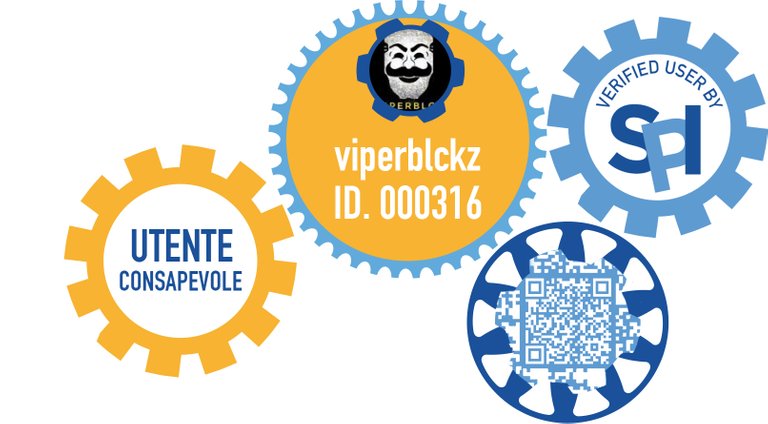
IOTA aspires to be a crypto network in which payments can be made securely, and, more importantly, no individual or group can have special access or control.
This is a high standard that even Bitcoin fails to fully measure up to, since a handful of big-foot miners control most of the computing power on the Bitcoin network. To avoid this problem, the IOTA team designed a non-blockchain ledger in which each network participant is equal to all others. Instead of using the traditional Proof-of-Work consensus used by the likes of Bitcoin and Ethereum … or even the more modern Proof-of-Stake approach of EOS and Cardano … IOTA participants simply have to validate two prior transactions before broadcasting their own.
Problem: Such an open, decentralized design can be vulnerable. For example, what’s to prevent bad actors from flooding the network with fake transactions, all validated by other fake transactions?
IOTA’s “solution” was to create a central “Coordinator” (run by its founders) that determines which transactions are valid and which are not. Trouble is, this effectively replicated the role of a central bank with final authority over all transactions — a cure worse than the disease.
Mindful of this, the IOTA team promised to get rid of the Coordinator — a project they cheekily christened “Coordicide.” In a recently published paper, we got a glimpse of how they might achieve this: In essence, they plan to do it via an elaborate series of upgrades to the algorithms that comprise the IOTA consensus mechanism.
One by one, these upgrades are designed to neutralize every possible attack that might render the network vulnerable once they kill off the Coordinator. One of these upgrades is especially interesting. It’s Shimmer, the name given to a new mechanism that will replace the Coordinator — so network participants can vote on what the real transactions are.
The procedure is a bit complicated, but if you’re a participant, here’s basically how it works: Step 1. You vote on what you think happened. Step 2. You look to see how your peers voted. Step 3. You adjust your vote, taking into account what the majority thinks. Step 4. You go back to step 1 and start all over again.
After several rounds of this, a consensus emerges on how to resolve a potential conflict. Overall, we believe Nano’s upgrades are a step in the right direction, and the theory behind them is solid. But will they work in the real world? Or, are there more subtle ways a malicious actor could exploit the network after Shimmer replaces the Coordinator? Still too soon to say.
The fact is, potential vulnerabilities to attack are notoriously difficult for even seasoned cryptographers to anticipate. Why? Because it’s always hard to map out a defensive game plan before you even know what the enemy looks like. Ultimately, only real-world testing will reveal just how robust IOTA’s new measures actually are. Despite this uncertainty, we acknowledge the progress made and have upgraded Iota’s technology score.
The IOTA team is among the best in the world. By moving beyond Proof of Work and Proof of Stake, they have sought to create an entirely new and unique form of distributed ledger technology (DLT): Where neither miners nor validators exist.
Where all players are equal. All with no central clearinghouse or authority. And all with near-infinite scalability. If they could actually achieve these lofty goals, IOTA might be the one of the most secure, most decentralized, and fastest DLT on the planet. And even if they fail to do so, the developer community will have learned valuable lessons from the experience. Regardless of how this turns out, we’re pleased to see the progress thus far. And we will certainly keep you posted on Iota’s evolution going forward.
This is not financial advice. I don’t take into account of your personal investment objectives, specific investment goals, specific needs or financial situation and makes no representation and assumes no liability to the accuracy or completeness of the information provided here. The information and publications are not intended to be and do not constitute financial advice, investment advice, trading advice or any other advice or recommendation. Any expression of opinion (which may be subject to change without notice) is personal to the author and the author makes no guarantee of any sort regarding accuracy or completeness of any information or analysis supplied.

good idea!!!
:D